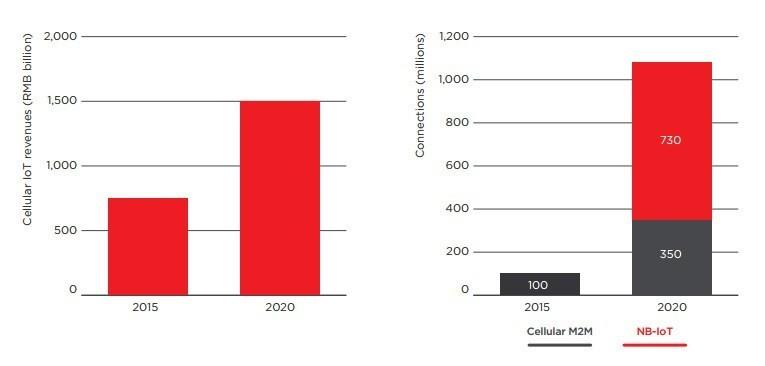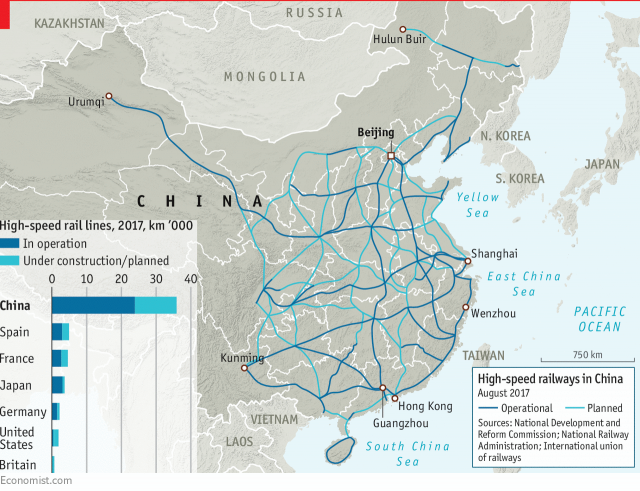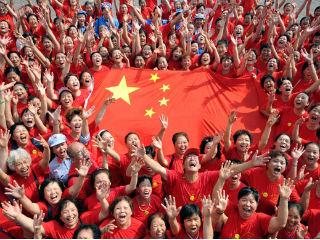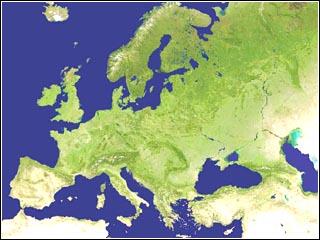by
David Aikman*
1. In China, you can smile to pay for fried chicken
While everyone is talking about face recognition on new phones, China is already developing some surprising applications for this technology such as smiling to pay for your meal, using your face and your voice to access your residence hall at university, enforcing social norms by, for example, naming and shaming jaywalkers, and catching criminals on their day off.
2. China is cracking down on cryptocurrencies
This month there was tremendous noise around the boom and bust of bitcoin exchanges and initial coin offerings (ICO), with lots of speculation around the reasons behind the government’s policy moves in this area (ranging from stopping capital flight or protecting consumers, to rumours of China setting up its own crypto-currency). But the moves make sense when you understand China’s history with fintech, especially recent scams in the peer-to-peer industry. This uncertainty, however, is challenging many bitcoin entrepreneurs and driving other fintech companies to seek investment overseas at the same time as new government initiatives are being set up to research blockchain.
3. China wants to be the world leader on Artificial Intelligence by 2030
Meanwhile, China’s internet of things (IoT) industry has quietly grown at a rate of 25% annually to $142 billion in size. The government is encouraging China to become a leader in new emerging technology industries like IoT and artificial intelligence (AI), under the “Made in China 2025” and “Internet Plus” plans. This is spurring domestic innovation at unprecedented levels. The national plan on becoming the world leader in AI by 2030 was released earlier this summer, leading many companies to consider their China investment strategies in a different light; Google, for example, seems to be putting together a China-based AI team.

4. Four-fifths of China's population will be on the move this season
With the Mid-Autumn Festival coming up in a few weeks, China is bracing for another “mass-migration” event with an estimated 700 million people (10% of the world’s population) planning to travel during the October national holiday.
5. China is testing the world's first cargo drone
While China is already the world leader in drones - companies such Shenzhen-based DJI have 70% of global market share - it is coming up with increasingly innovative ways of dealing with the ever-growing desire for quick delivery from e-commerce. This month saw the testing of what appears to be the world's first large cargo drone, while the market leaders continue to drive innovation and adoption in new segments - such as fresh food delivery - catering to China’s growing middle-class of consumers.
6. The country's e-commerce giants are moving into education
This month, Alibaba announced the opening of their first “Taobao School” to help children access the internet and benefit from e-learning.
7. China is introducing 350kph trains

China already has the largest high-speed train network in the world but it’s planning to increase it even further by 2020. It has become even faster, too, with the introduction of the next-generation, 350kph Fuxing trains and is extending new technologies, such as driverless subway trains and maglev lines, into its municipal transport systems as well. However, one of the biggest announcements to hit the news this month - China's plan to build a hyperloop network of very high-speed trains travelling in hermetically sealed tubes - is garnering some more sceptical views.
*Chief Representative Officer, Greater China, World Economic Forum
**First published in www.weforum.org
*Chief Representative Officer, Greater China, World Economic Forum
**First published in www.weforum.org




 By: N. Peter Kramer
By: N. Peter Kramer
